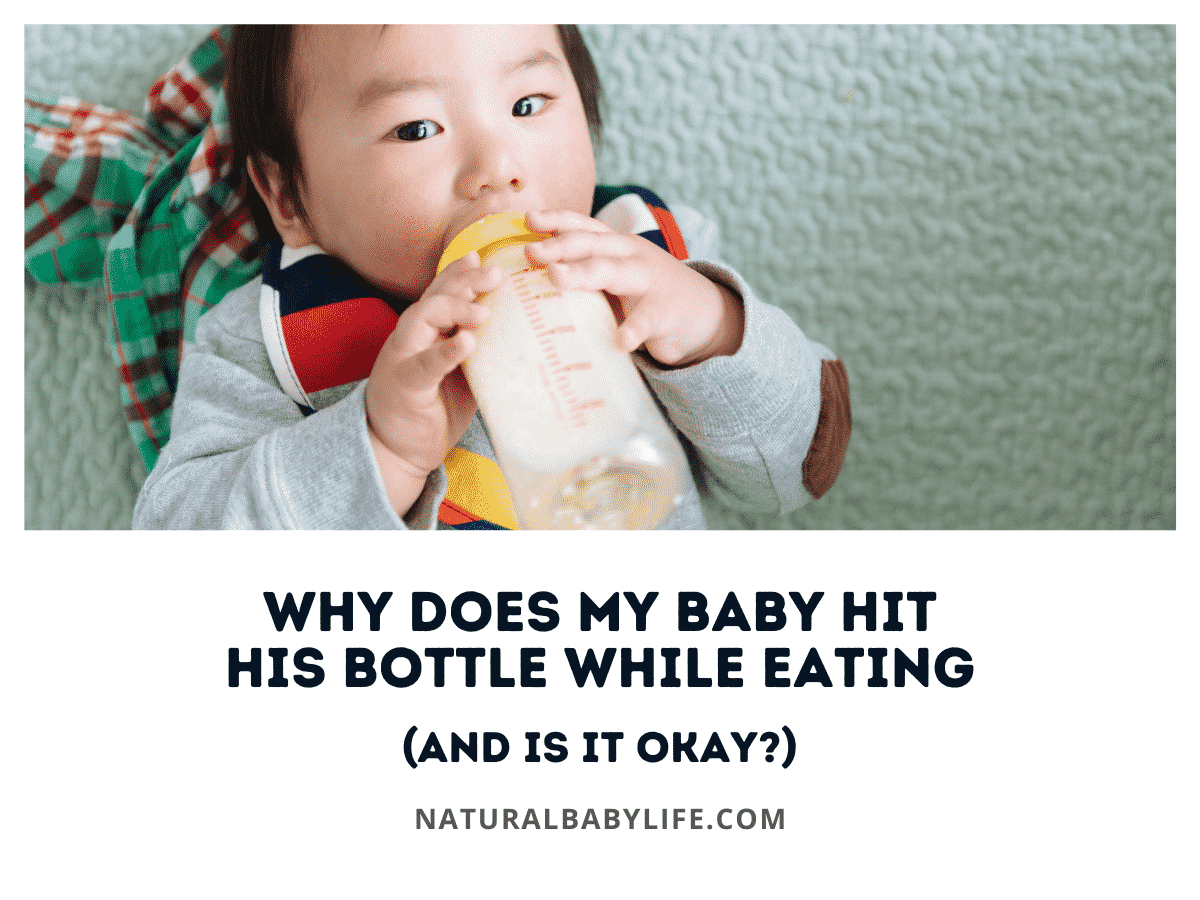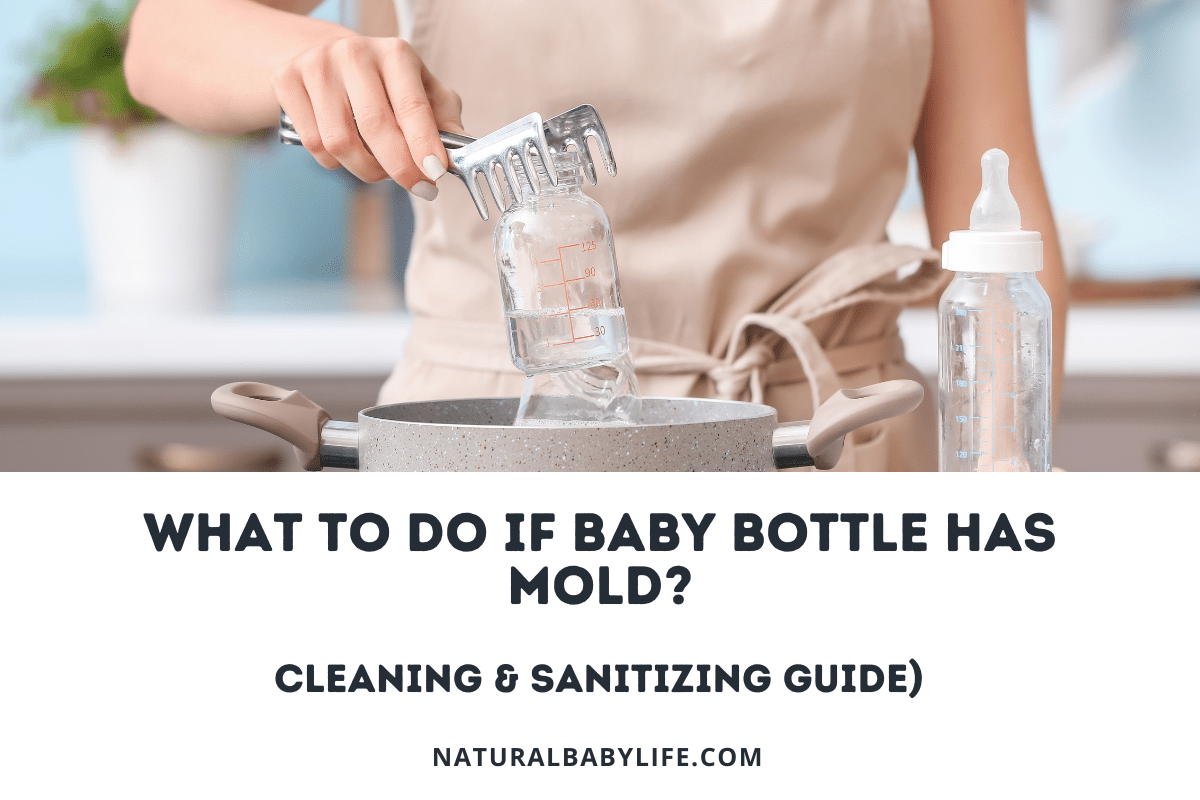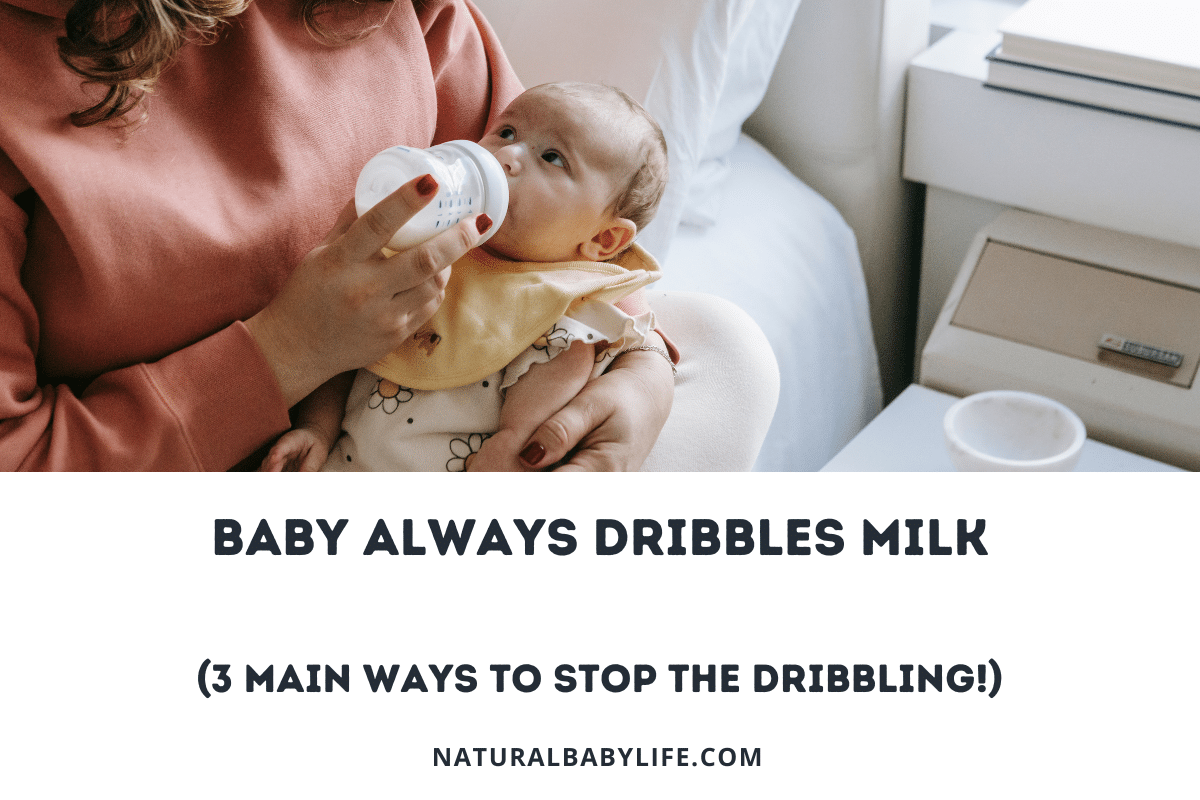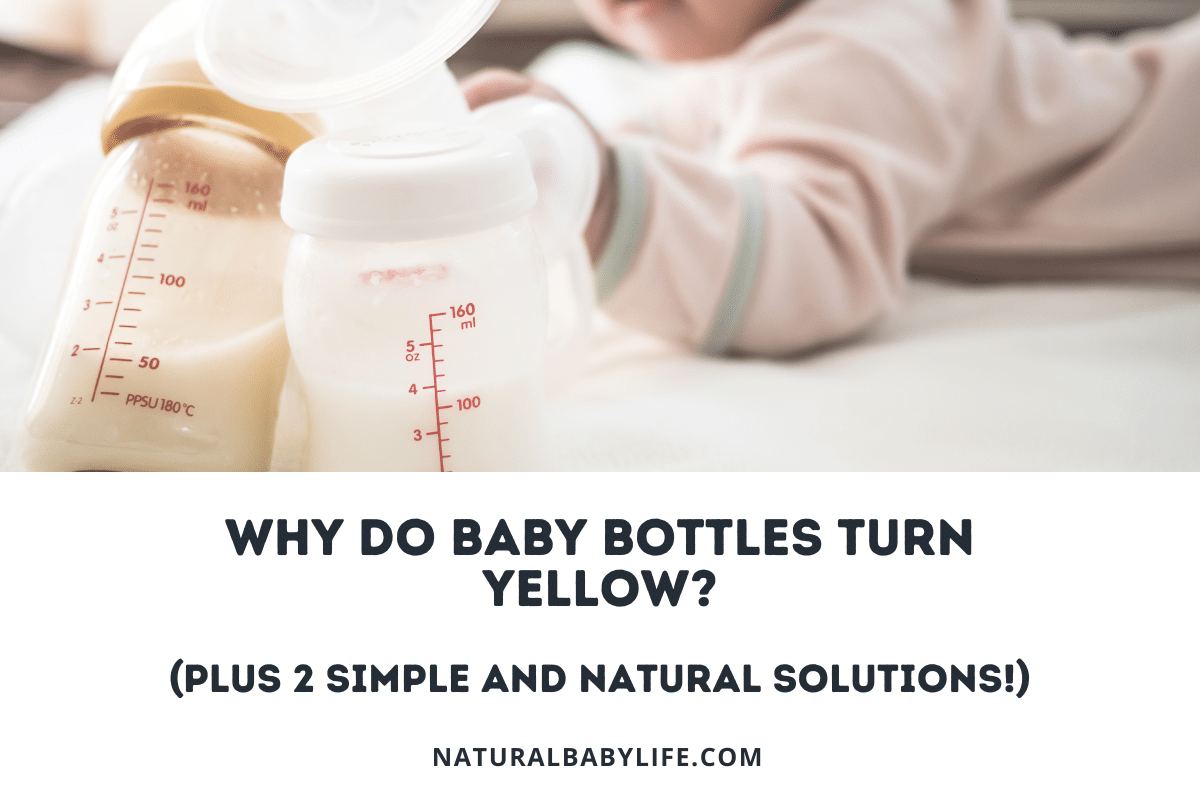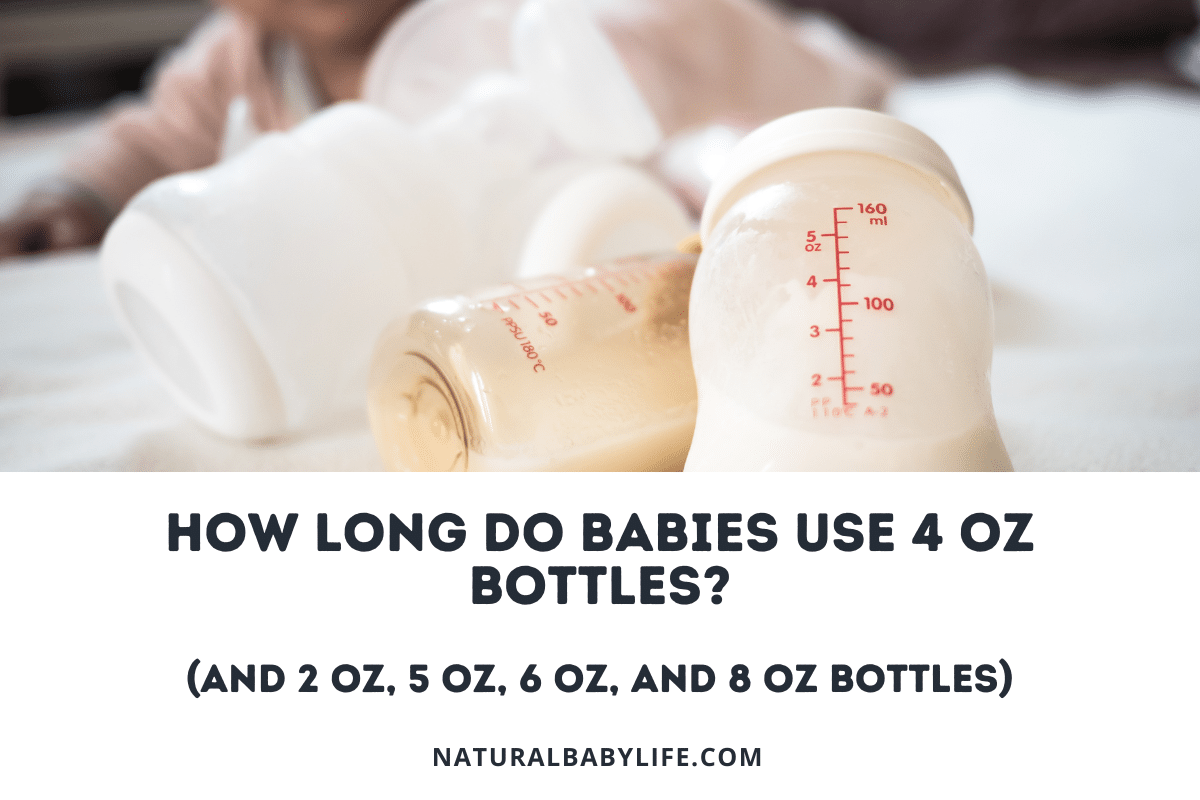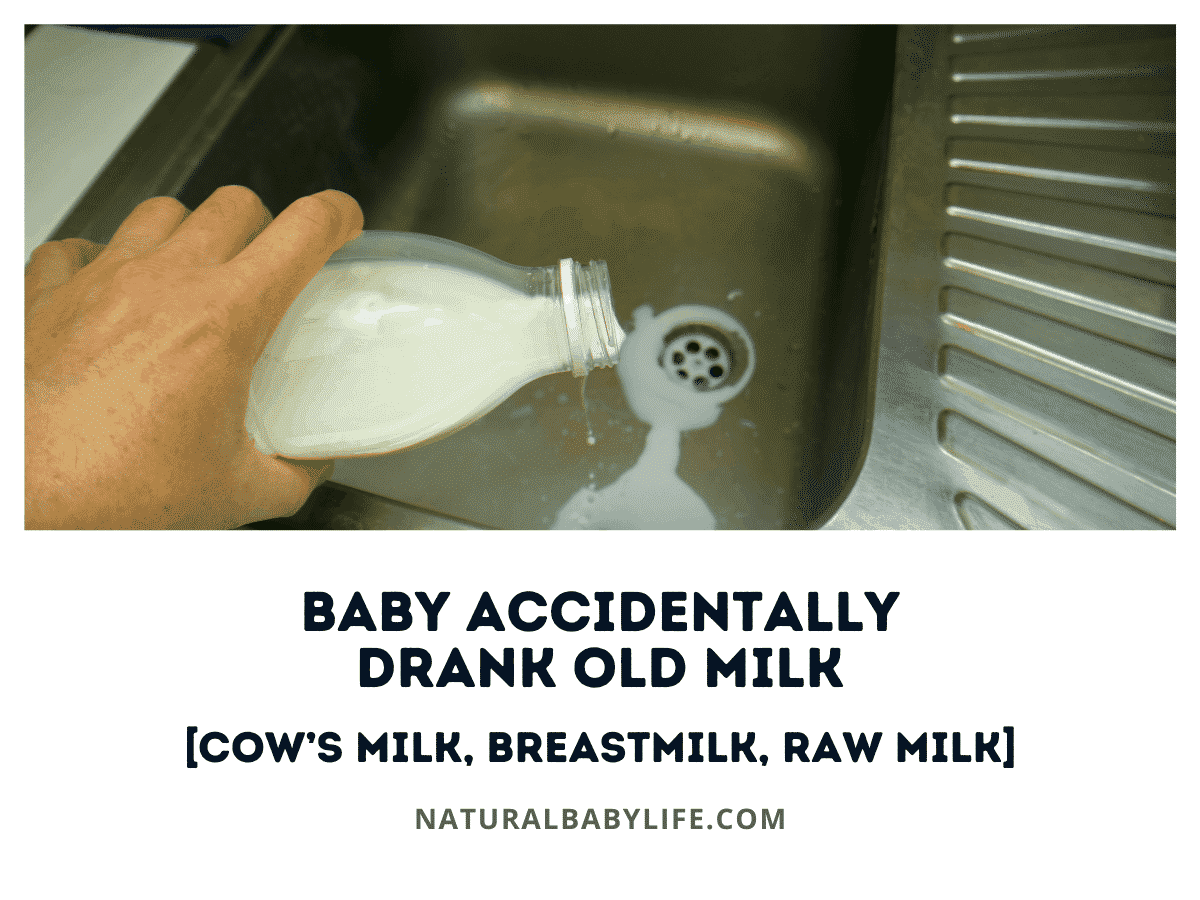Here’s a question that might leave you stumped–why does my baby hit his bottle while eating? Since we can’t just ask our babies, it can be incredibly frustrating to figure out why our little ones behave the way they do.
A baby hitting his bottle while feeding can typically be attributed to one of several things: frustration with the nipple flow, discovering his hands, or being distracted and unwilling to eat.
Keep reading to understand more about why your baby hits his bottle while feeding and learn a couple of tips to stop this from happening.
Table of Contents
Why does my baby hit his bottle while eating?
It can be frustrating when it feels like your baby is fighting you (and the bottle) at every turn, and this may include when your little one slaps at or hits his bottle while feeding.
There are three main reasons that your baby may be slapping at his bottle during feeding time:
- He’s distracted or frustrated
- He wants to hold the bottle himself
- The milk flow is not fast enough
Regardless of the reason why your baby is hitting his bottle, this action is considered normal and isn’t the same thing as being fussy.
As long as the baby is not hurting himself or others, it should not be a cause for concern. If you think something is wrong with your baby, it is best to talk to your doctor about this behavior.
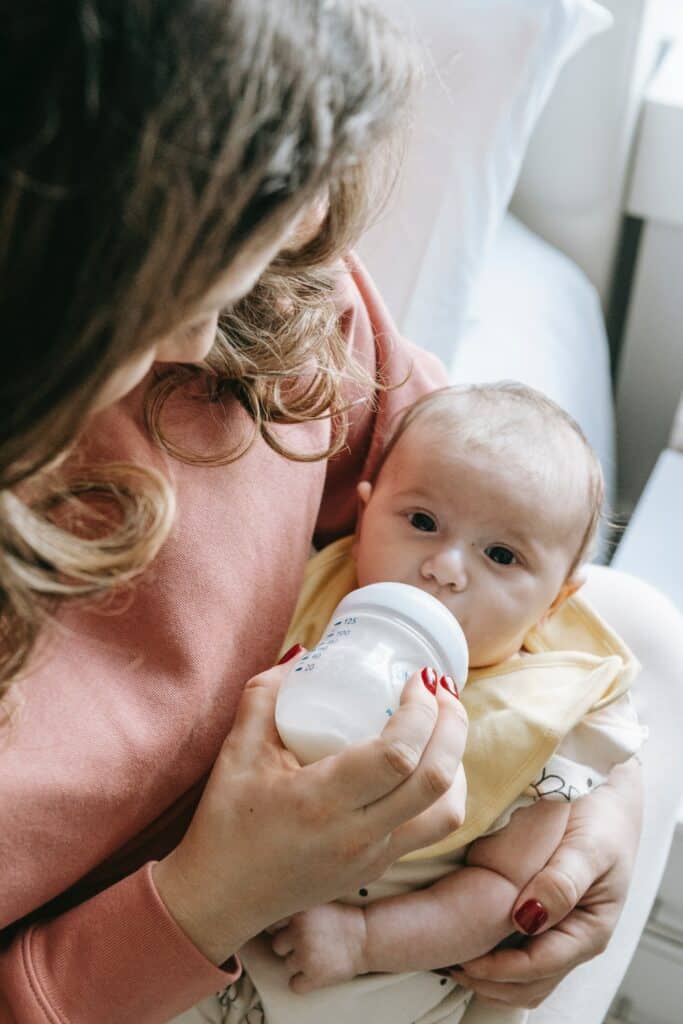
Distracted or frustrated
According to WebMD, slapping or hitting a bottle while feeding is a sign that the baby is getting distracted or getting frustrated.
Babies are sensitive creatures and they can pick up how mom or dad or their caregiver is feeling.
If you are feeling anxious about bottle-feeding, your baby will sense this and will try to emulate the same feeling by hitting or swatting their bottle away.
Hitting the bottle can be a sign of bottle refusal and you can get rid of this habit by creating a good and positive feeding environment with your baby.
Getting distracted while feeding is an issue because it means that your baby might not get all the formula or breastmilk that he needs to sustain him for some time and he will get hungry sooner.
Developing motor skills
Around the time your baby is 4 to 6 months, his motor skills are developing and evolving.
This means that his arms or legs will wiggle or kick more and arm wriggling can translate to your baby hitting his bottle while feeding. Doing this gesture can mean that your baby is practicing this newly-found skill.
When babies start to discover what their hands can do, they will keep doing it. This includes hitting, slapping, pinching, and grasping things.
During this developmental period, your baby is also trying to master hand-eye coordination and will try to swat things that they see – and this includes his bottle when he’s feeding.
Babies trying to hit their bottles is also a sign of them wanting to hold the bottle themselves. For babies who are too young or not developmentally ready, this movement might look like they’re hitting the bottle.

Inadequate milk flow
Although most of the time your baby hitting his bottle may be a sign of distraction or a developmental milestone, it can also mean he’s frustrated and even trying to communicate with you.
Your baby hitting his bottle may be a sign that he’s not getting milk (or formula) fast enough.
If this is the case, you will want to inspect the bottle and ensure that it’s being held correctly, there is an adequate amount of milk available, and that there is no restriction in the milk flow.
If everything looks right, it may be time to move up to the next nipple size.
What if the baby is hitting the bottle out of your hand while feeding?
In the beginning, your baby swatting at his bottle is likely to be annoying, but not really a detriment to feeding. What happens once he’s able to knock it out of your hand?
If your baby is hitting the bottle hard enough that it starts to fall or drop to the floor, it is best to take the bottle away or change his feeding position so he can’t swat the bottle away.
When feeding your baby, it is best to do it in a quiet environment that’s free from distractions to minimize the chances of your baby getting distracted.
If your baby keeps hitting the bottle, you might have to stop the feed, wait for him to calm down, and resume feeding.
If you think he is getting frustrated by the milk flow, it might be worthwhile to change the nipple to a faster flow. You will know if your baby is getting frustrated when he is crying or whining while on the bottle.
You might have to try and experiment with different brands and nipple flows before you can find the best one that your little one likes.
3 ways to help deal with a baby that hits the bottle while eating
A baby trying to slap or hit his bottle repeatedly can be frustrating for both mom and baby and since babies can’t verbalize how or why they’re doing this – it’s up to us to find out why so we can help them.
If your baby is hitting his bottle, try:
- Changing the feeding environment
- Letting him hold onto something else
- Using faster flow nipples
Change the feeding environment
If your baby is acting super distracted and can’t focus on feeding, it might be a good idea to change the place where you are feeding him.
An area that has too many things going on, too many things to see or hear is not an ideal place to feed a baby because he will keep getting distracted.
I tried feeding feeding my baby on a bench at the zoo once, and suddenly she had zero interest in eating.
Finding a nice, quiet area that is dimly lit will help to minimize the distractions and keep your baby focused on one thing – which is feeding.
If you are outside your house, you can try putting your baby in a nursing cover to put a barrier between her eyes and the outside world that’s full of distractions.

Let him hold on to something else
A baby hitting his bottle can be a sign that he wants to hold on to something while he’s feeding.
Give him something else to hold so he can feed comfortably while also giving his little hands something to do.
You can give him a lovey to hold, a teething necklace, or even your hand so that he can hold on to something and leave his bottle alone.
Try using faster-flow nipples
When it comes to babies, it’s all about the flow of milk.
A baby who is hitting his bottle might be a frustrated baby trying to get more milk out, or, conversely, feeling choked by milk coming out too quickly.
If you think your baby is getting frustrated with the flow, you can try experimenting with other styles of nipples or going up or down a size.
Conclusion
A baby hitting his bottle isn’t typically a worrying sign, but your baby could be trying to tell you something. Double-check the nipple flow and try moving to a less stimulating environment.

